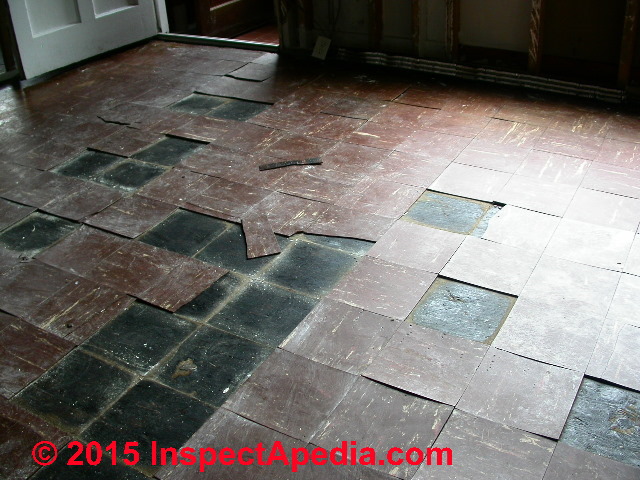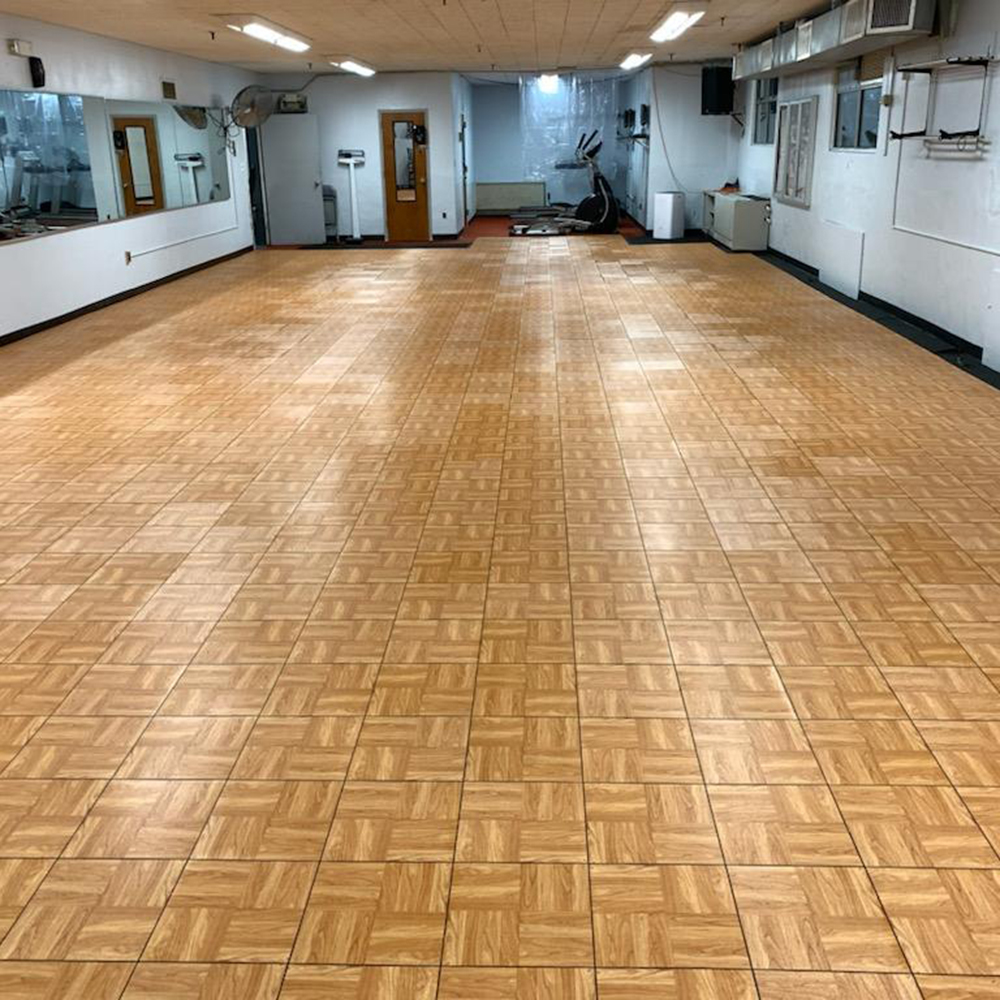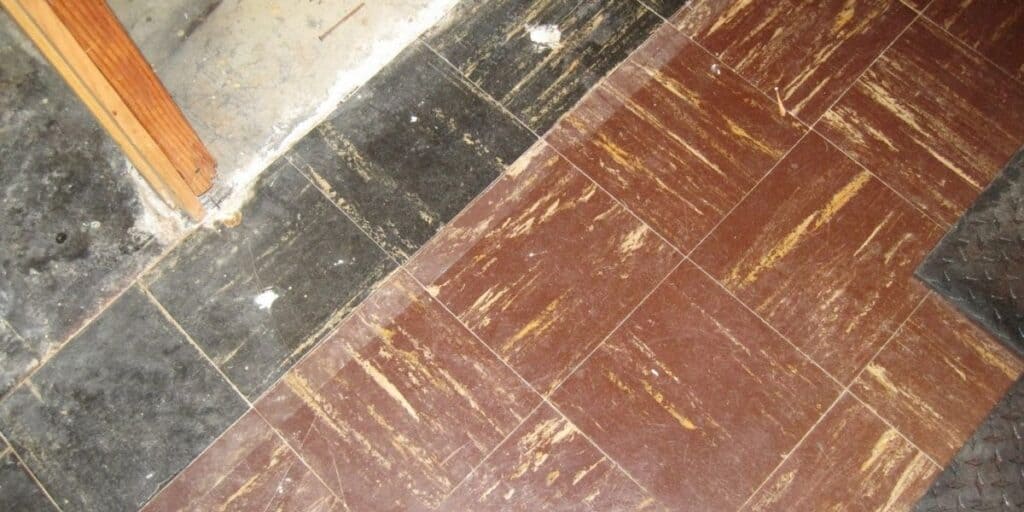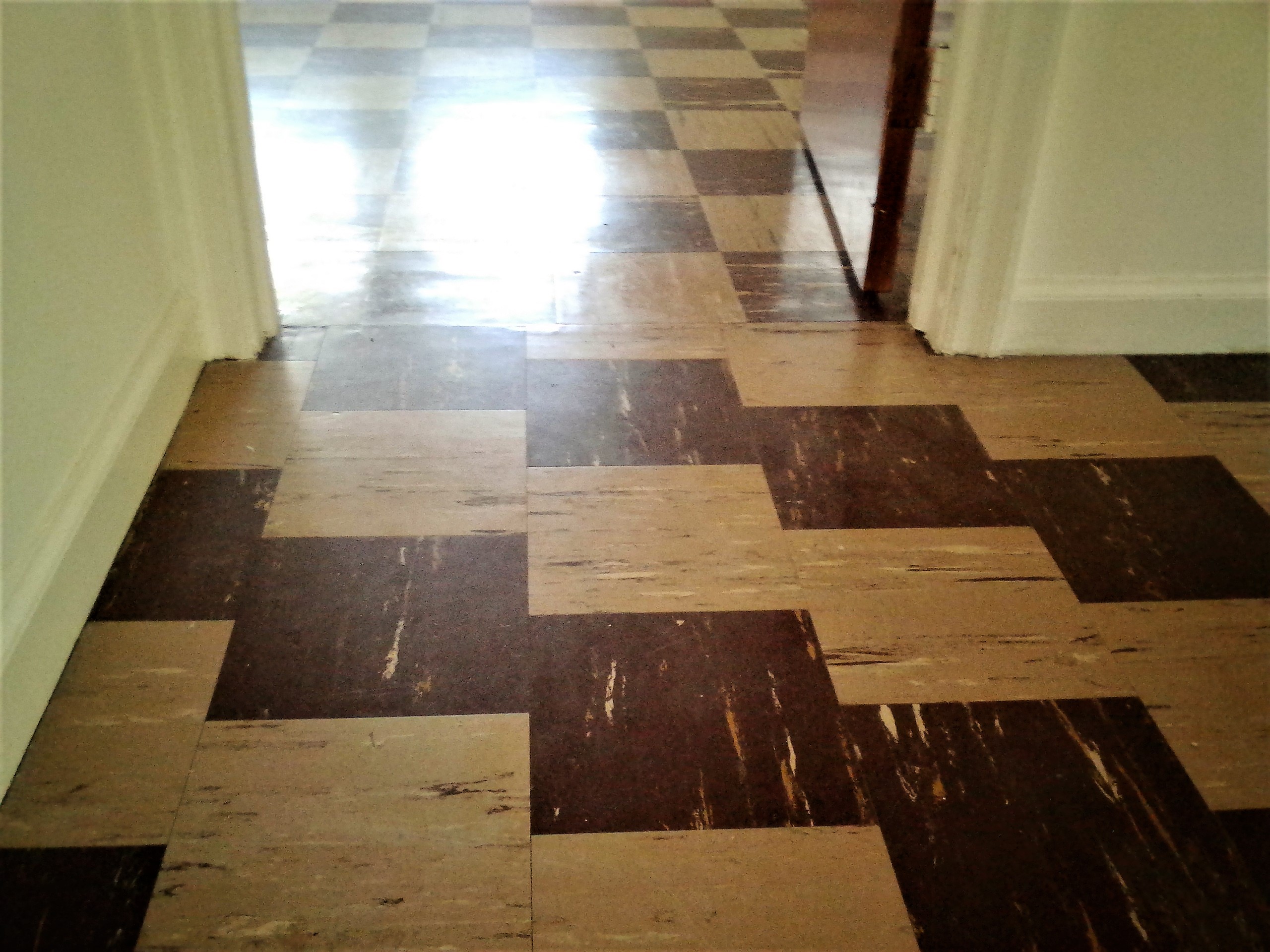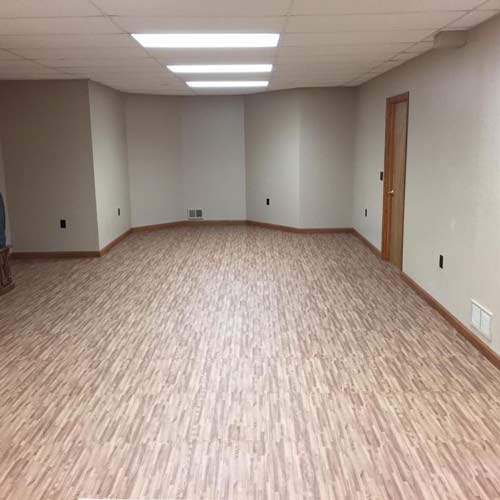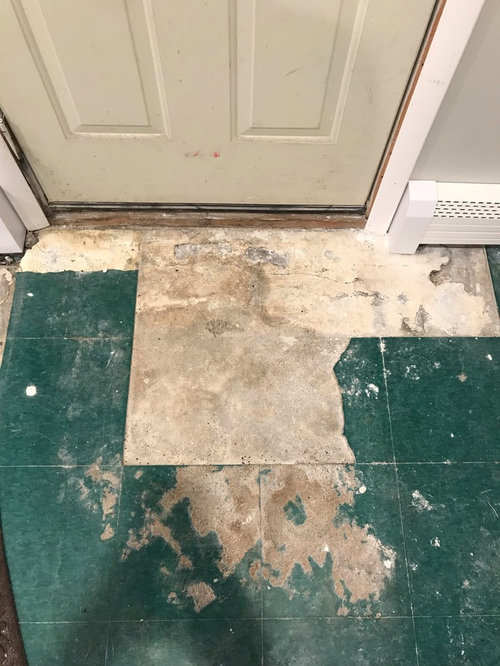Basement Flooring Over Asbestos Tile
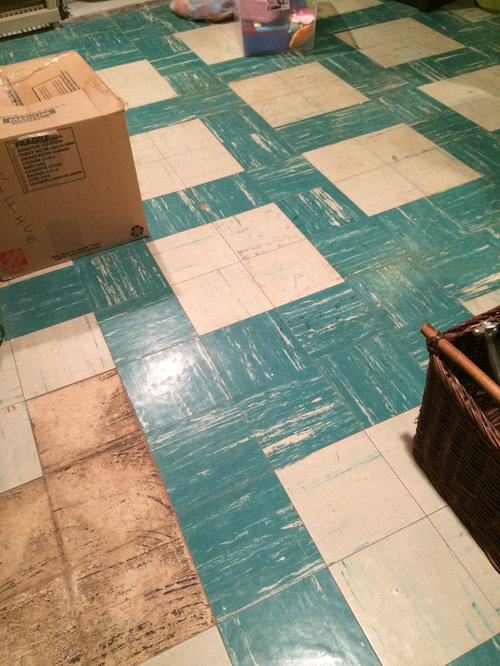
Homeowners across the nation are grappling with a hidden hazard lurking beneath their feet: asbestos floor tiles. The seemingly innocuous flooring, commonly found in older homes, poses a significant health risk if disturbed. As awareness grows, so does the debate surrounding the safest and most cost-effective methods for dealing with this hazardous material, particularly when considering basement renovations.
This article delves into the complexities of addressing asbestos floor tiles in basements, exploring the risks associated with disturbing them, the available mitigation strategies, and the long-term implications for homeowners. We will examine the expert opinions from environmental safety agencies and contractors, balancing the urgency of safety with the practical realities of homeownership.
Understanding the Asbestos Threat
Asbestos, a naturally occurring mineral once widely used in construction materials, is now a known carcinogen. Inhalation of asbestos fibers can lead to serious respiratory illnesses, including mesothelioma, lung cancer, and asbestosis. These diseases often have long latency periods, meaning symptoms may not appear for decades after exposure.
Floor tiles containing asbestos are generally considered safe as long as they remain intact and undisturbed. However, demolition, sanding, or even heavy foot traffic can release these dangerous fibers into the air. This makes basement renovations, which often involve flooring modifications, a particularly risky endeavor.
Options for Dealing with Asbestos Tiles
When faced with asbestos floor tiles, homeowners typically have two main options: abatement (removal) or encapsulation (covering). Abatement involves the complete removal of the asbestos-containing material by trained professionals. Encapsulation, on the other hand, involves sealing the tiles with a covering material to prevent fiber release.
Abatement is generally considered the more thorough solution, eliminating the risk of future exposure. However, it is also significantly more expensive and disruptive, requiring specialized equipment and adherence to strict safety protocols. The cost can range from several thousands of dollars, depending on the size of the affected area and the complexity of the removal process.
Encapsulation, often achieved by installing new flooring over the existing asbestos tiles, is a less expensive and less disruptive alternative. This method effectively creates a barrier, preventing the release of asbestos fibers as long as the covering remains intact. The US EPA considers encapsulation as a viable choice when executed properly.
Encapsulation: A Closer Look
Successful encapsulation hinges on several key factors. First, the existing asbestos tiles must be in relatively good condition, without significant damage or deterioration. Second, the new flooring material must be durable and impermeable, capable of withstanding wear and tear.
Finally, the installation process must be carefully executed to avoid disturbing the underlying asbestos tiles. Professionals often recommend using a floating floor system or applying a thick layer of self-leveling compound to create a smooth, stable base before installing the new flooring. This minimizes the risk of cracking or damage to the asbestos tiles beneath.
Regulatory Considerations and Professional Advice
Federal and state regulations governing asbestos abatement vary widely. Some jurisdictions require mandatory abatement before any renovations can occur, while others allow for encapsulation under specific conditions. It is crucial for homeowners to consult with their local environmental protection agency to understand the applicable regulations.
Consulting with a certified asbestos professional is highly recommended, regardless of the chosen mitigation strategy. These professionals can assess the condition of the asbestos tiles, recommend the most appropriate course of action, and ensure that all work is performed safely and in compliance with regulations.
"Ignoring asbestos is never the right answer," says John Smith, a certified asbestos inspector.
A professional assessment may also involve air quality testing to determine the extent of any existing asbestos fiber contamination. This information can inform the scope of the remediation efforts and help ensure the safety of the home's occupants.
The Long-Term Perspective
Dealing with asbestos floor tiles in a basement is not a one-time fix but rather a long-term management issue. Even after encapsulation, homeowners must remain vigilant, avoiding any activities that could potentially damage the covering and release asbestos fibers.
Future renovations, such as plumbing repairs or electrical work, should be carefully planned to minimize disturbance to the encapsulated asbestos. It's also essential to disclose the presence of asbestos to any contractors working on the property, ensuring they take appropriate precautions.
Ultimately, the decision of whether to abate or encapsulate asbestos floor tiles is a complex one, weighing the cost, risk, and long-term implications. By educating themselves about the risks and consulting with qualified professionals, homeowners can make informed choices that protect their health and the value of their homes.
